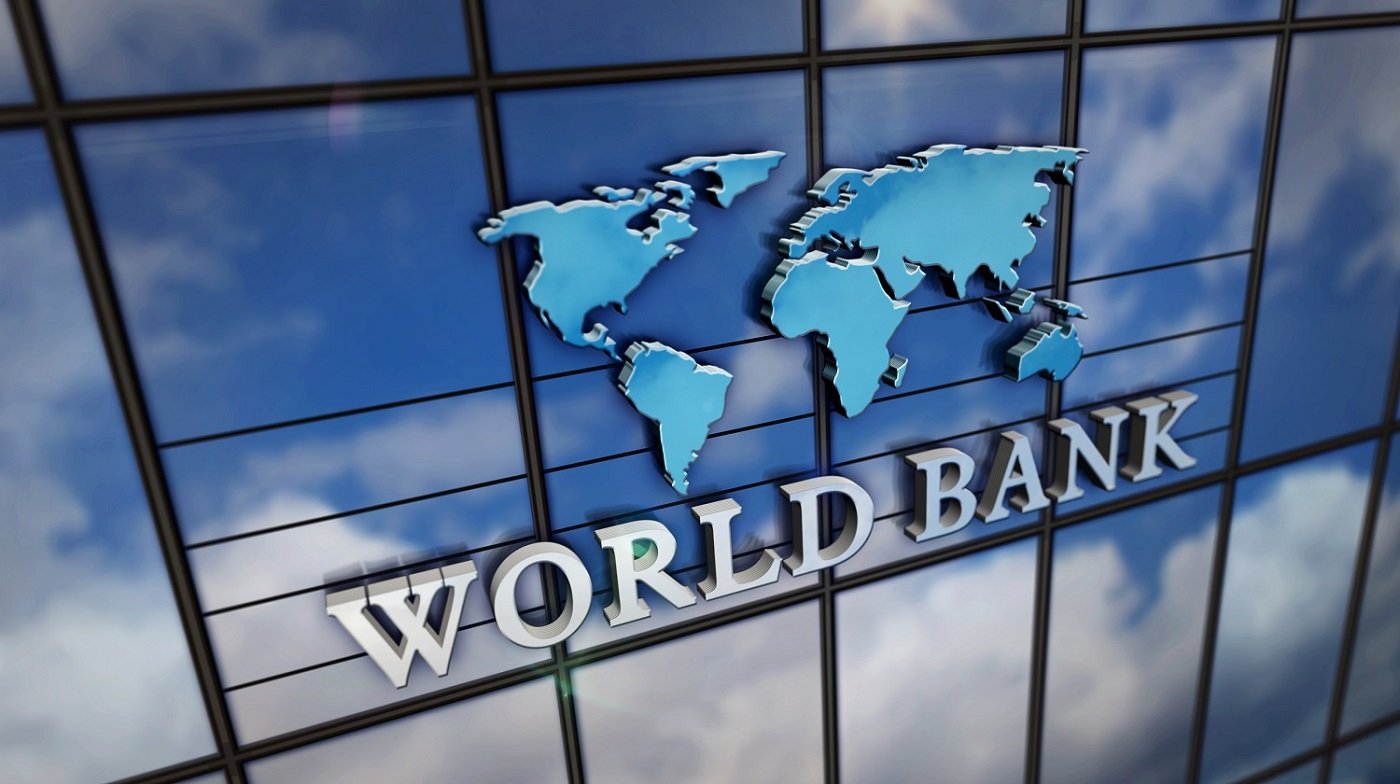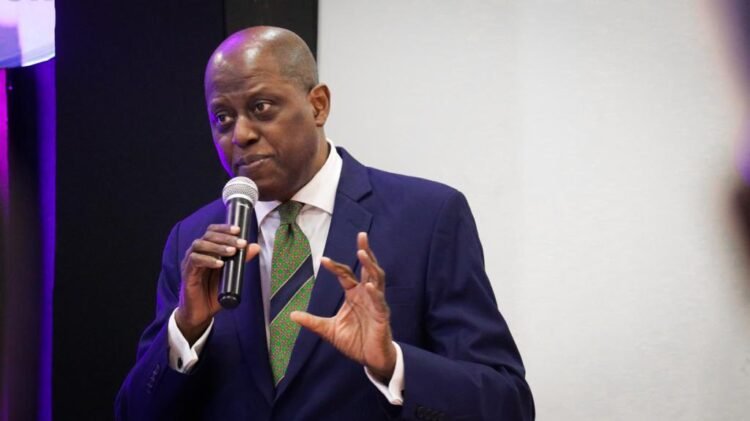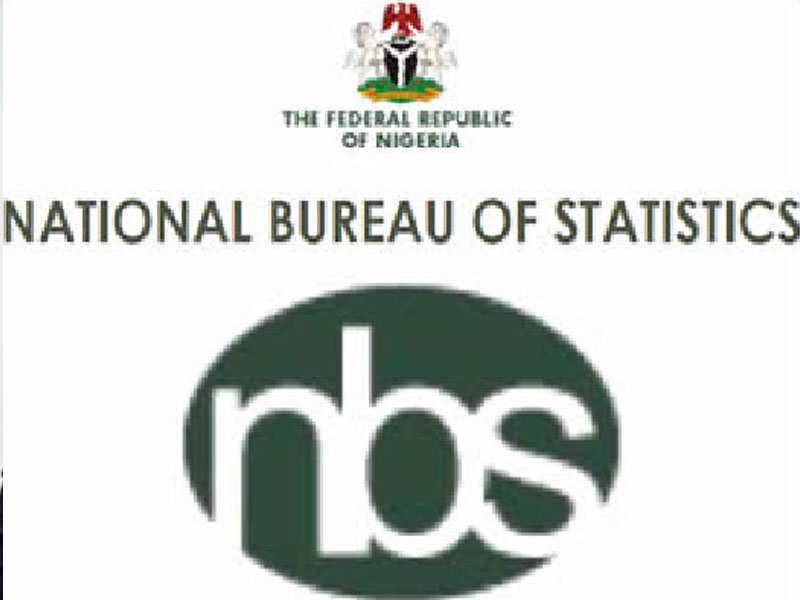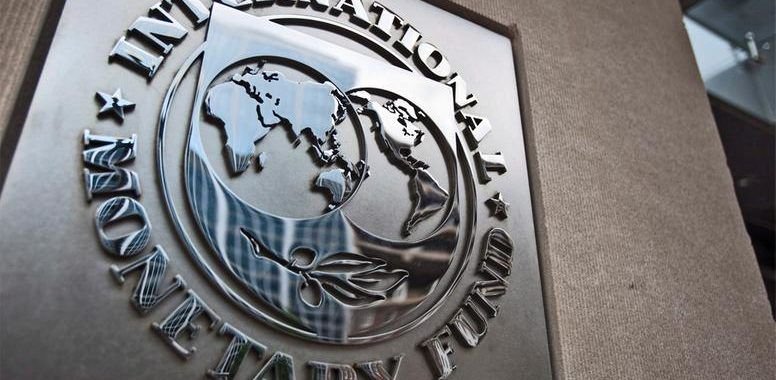The World Bank has expressed concern over the Federal Government’s 2025 budget assumptions, describing them as overly optimistic. In its May 2025 Nigeria Development Update released in Abuja, the bank pointed to the government’s projections of producing 2.1 million barrels of oil per day at $73 per barrel as unrealistic, given the current average output of 1.6 million barrels and the global price of around $60 per barrel.
Despite acknowledging positive economic indicators, the World Bank emphasized that inflation remains unacceptably high and warned that to reach Nigeria’s target of becoming a $1 trillion economy by 2030, the current 3.8 percent growth rate must increase significantly. It stressed the need for consistent reforms, fiscal discipline, and efficient public spending.
The report noted that although petrol subsidies were fully removed by October 2024, the Nigerian National Petroleum Company Limited (NNPCL) only began remitting half of the revenue gains to the Federation Account in January 2025, using the remainder to settle outstanding arrears. The World Bank urged the government to ensure all savings from subsidy removal are transparently transferred to the national purse.
The Bank outlined a four-point strategy to accelerate economic growth, calling for improved infrastructure in electricity and transportation, greater market openness, better access to finance, and reforms in key productive sectors. It emphasized that while sectors like finance and ICT are thriving, they do not generate mass employment and inclusive prosperity.
Reacting to the concerns, Finance Minister Wale Edun insisted that Nigeria is transitioning from crisis to stability, stressing the need for increased investment and transparency, especially in oil revenues. He disclosed that a forensic audit of NNPCL is underway to recover funds due to the Federation.
Minister of Budget and Economic Planning Atiku Bagudu dismissed the World Bank’s reservations, saying the assumptions in the 2025 budget reflect Nigeria’s actual capabilities. He maintained that the country has previously produced over 2 million barrels per day and that its premium crude oil commands higher market prices.
Central Bank Governor Yemi Cardoso added that monetary policies are aimed at maintaining stability and reducing exchange rate volatility, which has dropped significantly over the past year.
Plateau State Governor Caleb Mutfwang, defending the states’ use of increased federal allocations, argued that much of the funds are being used to combat growing insecurity. He highlighted that insecurity is diverting investments and reducing states’ capacity to invest in infrastructure and development.
While the Federal Government remains optimistic about achieving its budget targets and economic goals, the World Bank insists on a more cautious, data-driven approach to ensure sustainable growth







